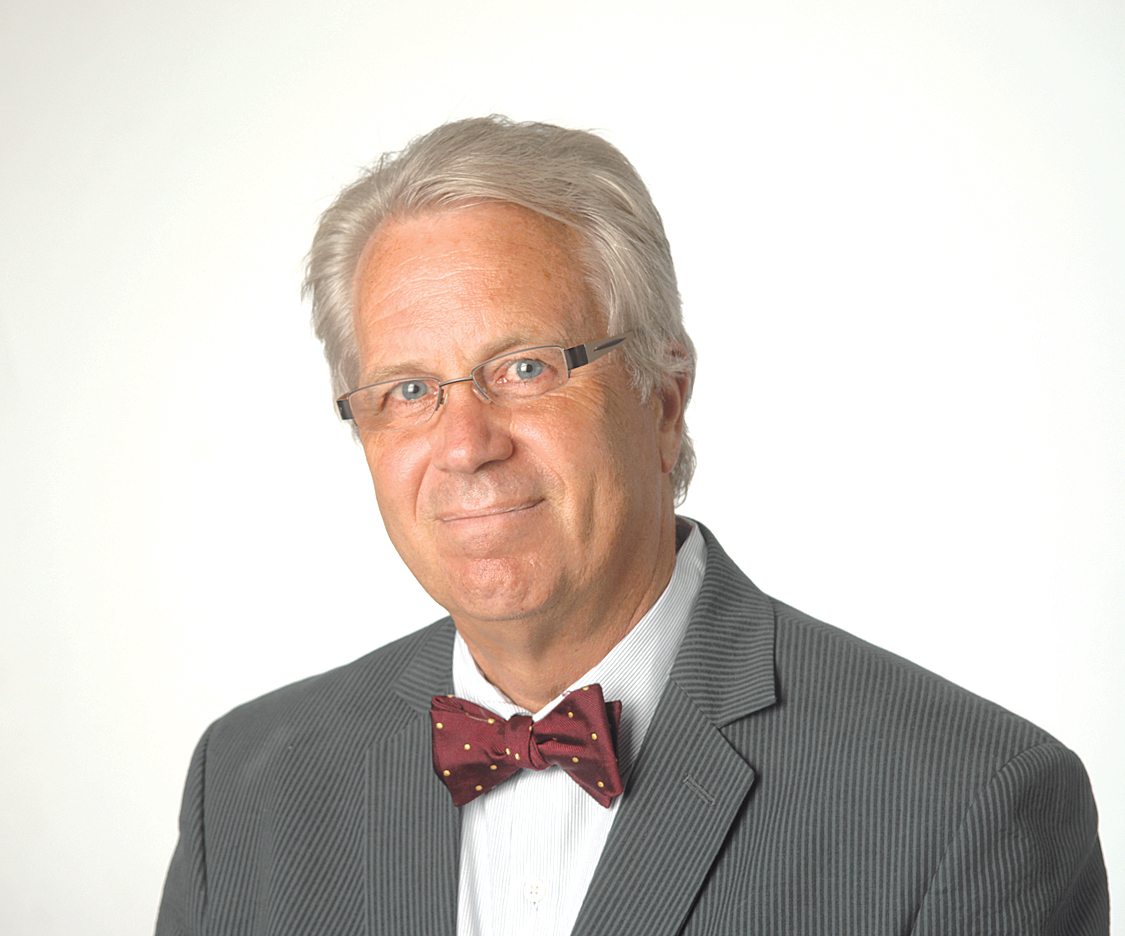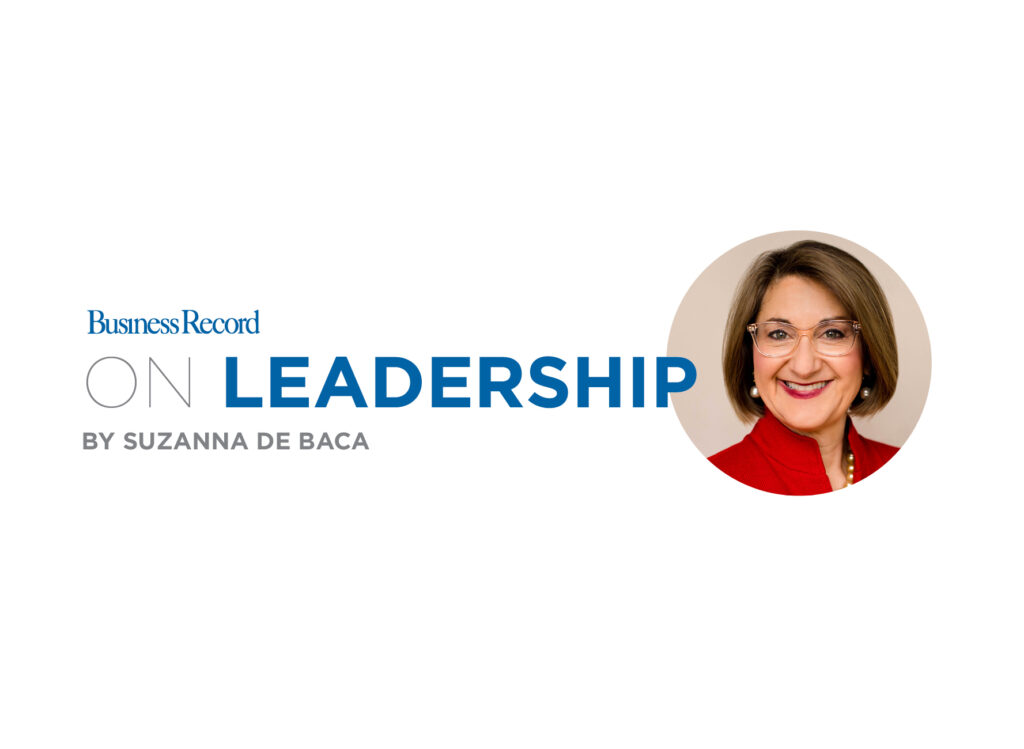The Elbert Files: Revolving Iowa politics

What’s happened to Iowa?
I’ve been asked many versions of that question in recent months. Typically, but not exclusively, by Democrats who can’t understand how a middle-of-the-road state like Iowa could, almost overnight, become a seemingly entrenched conservative stronghold.
I found part of the answer last week in an unexpected place, a new biography of former Iowa Gov. Harold Hughes, “Thunder From the Prairie,” published in 2023 by University Press of Kansas.
Author Jerry Harrington provides a long-view perspective of Iowa politics. His analysis stops short of recent history, but it’s not difficult to extrapolate from his evolving scenarios to modern-day Iowa.
Harrington notes that politics in Iowa has always had a conservative bent. Our first two governors, Ansel Briggs and Stephen Hempstead, were Democrats, but they were nothing like today’s Democrats. They were hard-money followers of President Andrew Jackson, opposed to banks, which were illegal under Iowa’s first constitution, as well as government-funded economic development.
Governor No. 3 was charismatic Whig James Grimes, who helped launch Iowa’s Republican Party and pushed through a new constitution that legalized banking. Grimes won a seat in the U.S. Senate, where he broke party ranks and voted against the impeachment of President Andrew Johnson.
After Grimes came nine Republican governors. All were conservatives, except William Larrabee, whom Harrington described as a progressive who helped regulate railroads.
Larrabee was followed by Waterloo attorney Horace Boies, a progressive who left the Republican Party because of its backing of prohibition. As a Democrat, he was elected governor in 1889 and reelected in 1891.
Then it was back to Republican governors for a four-decade stretch that also saw Republican David Henderson of Dubuque elected speaker of the U.S. House of Representatives (1899-1903).
Iowa had 11 representatives back then; with little opposition, most easily won reelection. Because congressional power was based on longevity, Iowa, at the beginning of the 20th century, had one of the most powerful delegations in Washington, Harrington wrote.
The Great Depression of the 1930s ended Republican dominance in Iowa, with Democrats Clyde Herring and Nelson Kraschel serving as governor from 1933 through 1939.
“By the end of the decade, however,” Harrington continued, “Iowans returned back to their Republican roots and, with some exceptions, elected GOP politicians to state and national offices.”
Veterans returning from World War II had broader worldviews. They swelled the ranks of labor unions, while veterans benefits made it easier to go to college.
Ottumwa Mayor Herschel Loveless appealed to veterans with help from organized labor and Des Moines Democrats and was elected governor in 1956.
Many Iowans that year split their votes between Loveless and Republican President Dwight Eisenhower, as Iowa began
shifting from a red to a purple state.
Another factor favoring Loveless was “liquor by the drink.” The Democrat wanted to eliminate Iowa’s widely violated liquor laws that prohibited restaurants and taverns from directly serving cocktails to customers.
When Hughes ran for governor in 1962, his good looks, booming voice and down-to-earth speaking style made him a Loveless on steroids. Once elected, Hughes passed progressive laws, including liquor-by-the-drink.
Hughes reorganized the state government and reshaped Iowa as a purple state. Republican governors Bob Ray and Terry Branstad followed many of Hughes’ populist policies, as did their Democratic successors, Tom Vilsack and Chet Culver.
More recently, with the return of Branstad as governor in 2010 and the election and reelection of his handpicked successor, Kim Reynolds, conservatives have held the upper hand in Iowa, prompting a recent New York Times story to describe Iowa as “a beacon of Donald J. Trump populism” while surrounding states “move dramatically leftward.”
If that is true, it’s partly because for more than a decade, Democrats have failed to identify meaningful issues around which voters will coalesce.
There are signs now that may be changing. Reynolds and Republican legislative leaders in recent days have taken extreme positions on issues ranging from abortion to immigration, to what can be taught in local schools, and purposeless gender identity rules.
We will find out in November how red or purple Iowa really is.

Dave Elbert
Dave Elbert is a columnist for Business Record.






